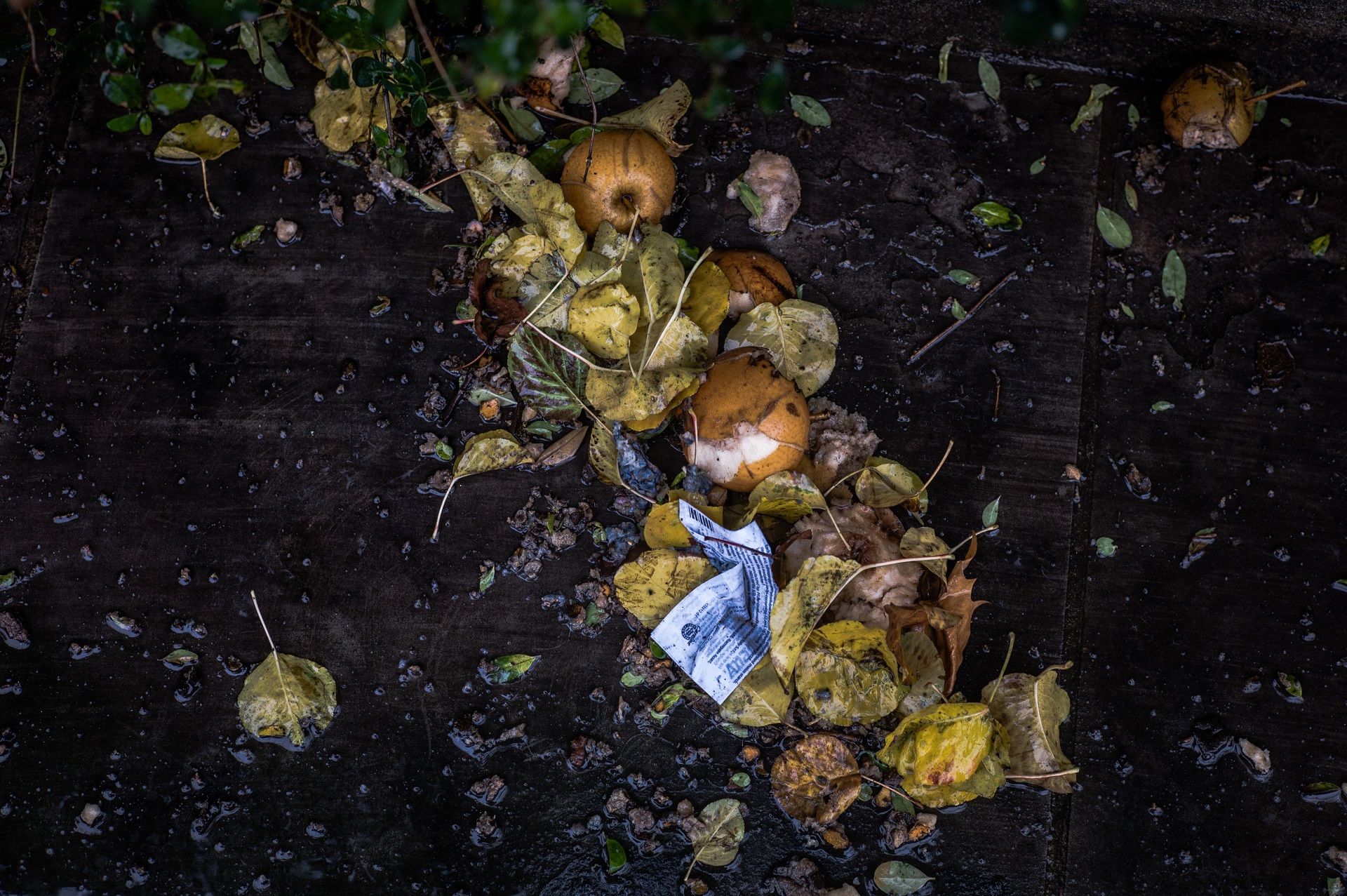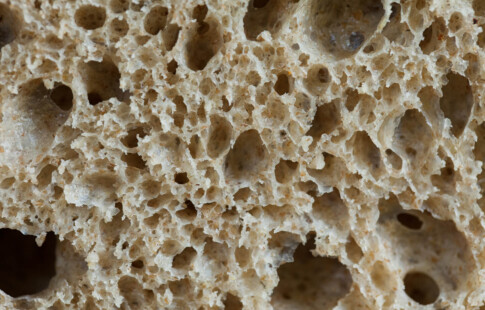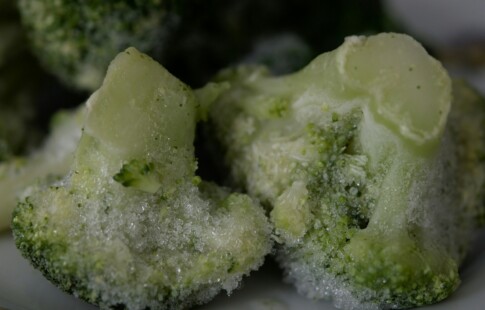
7 Tips for Apartment Composting
We are reader-supported. When you buy through links on our site, we may earn affiliate commission.
It’s possible to compost in an apartment successfully. As many strive to reduce food waste because of food scarcity and environmental awareness, composting is the best way to encourage circular economic practices and renourish the planet. Agriculture extracts nutrients from the Earth, and composting is the way for humans to give it back. So, how can someone go about successfully composting in an apartment for the first time?
1. Avoid Social Media
Going on even the most eco-friendly accounts can make advocates feel guilty about what technology they do or don’t have. Social media can make people think they need to get a fancy item through a commercialized Instagram post — know you can compost on any budget. Unless you’re using social media for research or can dismiss its tempting wiles, it’s best to remove yourself from its influence when deciding what’s best for your apartment composting journey.
Some apartment composting costs more than $500, like Pela’s Lomi. Though these products are effective, nobody has the prerequisite of spend that much money before they can help the planet by apartment composting.
2. Reduce Food Waste
Why would you need to reduce food waste if you compost it? Just because an apartment chooses to compost doesn’t mean they shouldn’t be aware of how much food waste they generate. Sure, maybe it can break down and go back into the soil, but everyone should stay mindful of their food waste as a conscious effort to level out the worldwide food crisis. Here are some of the best ways to keep an eye on your habits:
- Use your freezer.
- Be aware of leftovers.
- Know how to store your food.
- Use the first-in-first-out (FIFO) method.
- Only purchase food you will eat.
- Minimize eating out.
- Plan meals ahead of time to maximize your ingredients.
Nobody will be perfect and eliminate all food waste — there will always be potato peelings and onion skins to put in the compost. Never be upset if you forget leftovers in the fridge that must go into the compost, but try to make it as often as possible.
3. Advocate for City-Wide Services
Apartments sometimes don’t have outdoor areas — balconies or otherwise — and fewer have community garden-style plots for tenants. So apartment dwellers don’t have to question how they’re going to compost, to begin with, cities could start city-wide composting services.
Some areas have compost bins beside city trash or recycling bins, so all people have to do is deposit food scraps — no compost maintenance is necessary. But this means caring citizens need to raise their voices to people in power. Writing letters, volunteering, executing campaigns, and making phone calls are ways to let regulatory bodies know the citizens’ priorities.
4. Maggots Aren’t the End of the World
Depending on how you compost, usually, the only guests are the worms. However, sometimes larvae find their way in, giving composters a shocking surprise. You don’t have to ditch everything in the bin, but there are ways to manage maggots. Food waste easily attracts flies. Generally, black soldier flies.
Composters who don’t have a balance of brown and green waste in their compost might find them flying around, nesting in the stagnant dirt. Composters don’t have to do anything to eliminate them because they don’t cause a massive detriment to the compost’s progress. Though they can slow the process, regular tending should bring the compost back to normal.
5. Manage Smell
If your compost smells bad, it should signal something wrong. When it regularly breaks down the materials, it should always smell like dirt — unless you’re composting with manure, in which case, the additional brown matter will have to mask the smell of it. Compost needs consistent humidity, aeration, and organic matter balance to stay stable. Neglecting any of these areas will cause an odor. To rectify the situation, consider what you’ve not paid enough attention to lately, or follow these steps:
- Analyze green and brown matter and supplement to get the correct ratio.
- Mix or tumble to loosen materials and aerate them.
- Add brown materials, like straw or mulch, or remove excess moisture.
A compost bin or pile is like a pet. It needs to stay comfortable and tend to grow and react appropriately. If owners dismiss its needs, it will act out.
6. Know What You Can’t Compost
Knowing what green matter to place in compost is the most critical tip for apartment composting. Putting the wrong materials in the compost could cause the entire bin not to break down or worsen the smell. Worst case scenario, you would have to throw out the whole effort and start fresh. Here are the types of food scraps you should not compost in traditional bins, though some high-tech apartment composters may have different allotments:
- Meat and fish
- Dairy
- Oils and grease
- Bones
- Certain nuts
- Certain biodegradable packaging
- Toxic or sick plants
- Stone fruit pits
Most other plant matter is acceptable, such as banana peels, berries, leaves, and so on. However, these are other surprising substances that you can put in your composter with no issue:
- Unbleached paper coffee filters
- Cotton tea bags
- Organic wine corks
- Pet fur
- Unpainted nail clippings
- Molded bread
- Anything made of wood, including toothpicks and matches
7. Spread the Word
Some don’t compost in their apartments because they believe it’s complicated or messy. Everyone needs to understand how accessible it is. People who compost in their apartments can show off their strategies and share them with friends and family. The more people that compost, the better, but it can’t happen until the information becomes commonplace.
Tips for Apartment Composting the Best Way
Apartment composting is possible no matter where you live. Finding a method that serves the space is one thing, and perfecting the practice is another. However, every obstacle is easily fixed. Even beginners shouldn’t feel about expenses or pests when all the compost needs to be healthy is a little love and care. Every effort matters when fixing the world’s food waste issue, and the more people participate, the faster the planet can heal, and the more people can change their attitude towards food.
Share on
Like what you read? Join other Environment.co readers!
Get the latest updates on our planet by subscribing to the Environment.co newsletter!
About the author
Maria Visser
Maria serves as the Assistant Editor of Environment.co. A true foodie and activist at heart, she loves covering topics ranging from veganism to off grid living.





